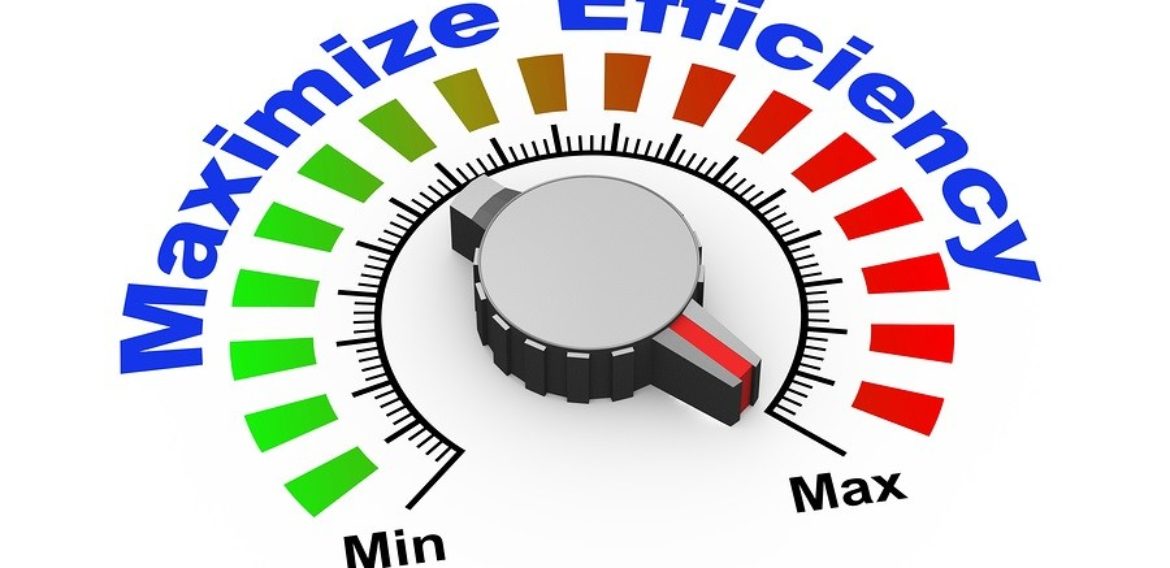- Comfort
- Light
- Grey
- Dark
Tips to Maximize Your Study Efficiency
Study tips based on the scientific research into the performance of a human brain!
- Think “I am a genius” – Change your perception of yourself and begin to see yourself as one!
- Do what geniuses do – be always open to new ideas!
- Get on your feet – you remember 10% more information when you stand up (this is due to the fact that more blood goes to your brain when you stand). Maybe that’s why professors are so smart.
- Consume lots of H2O – your brain is 70% water, and most people do not drink enough water for the brain to function optimally. Remember: Coffee and pop dehydrates your brain. You should drink an 8oz cup of water for every 25lbs of body weight every day!
- Get a study strategy/plan – The absence or the presence of a study strategy is the greatest single predictor of post-secondary achievement.
- Set Goals! – Write down all your goals, if you don’t write them – they’re just wishes! If you are a student, on a sheet of paper write down all the subjects you are enrolled in this term and write the grade you want in each class. Post this in your room, on your wish board, stick it to your bathroom mirror, locker, or even post on Pinterest – the more you see it, the better.
- Picture it! – Close your eyes and think of what you want. It is an interesting fact that the brain is picture driven and not word driven. By turning concepts into pictures, your retention goes up 800%! Just picture that!
- Cross Lateral Movement – This movement gets both hemispheres of your brain working at the same time. An easy way to do this is to take your right hand and touch your left knee, then have your left hand touch your right knee. Repeat 15-20 times. NEVER begin studying until you do this exercise. And do it every so often while you are studying!
- Brain Breaks! – Take 2 minutes of cross laterals & walking. Remember: NO TV or phone calls. These activities are not breaks for your brain. Formula: Brain Breaks = age + 2 to a maximum of 20 minutes (i.e. if you are 15, take a break every 17 minutes)!
- Write it Down! – If you take notes, you increase your chances of a good score on the exam by 50% (even if you never look through the notes again)!
- Keep your school work in a 3-ring binder – This gives you more flexibility.
- Use the Cornell Note-taking system – Questions, Notes and Summary.
- Stop thinking like a student and start thinking like a teacher! – Try to think of the questions you think your teacher will ask on a test.
- Ask Questions – Questions make your brain search for an answer. “Questions are to learning what an ignition is to a car”. They:
✓ jump start your brain
✓ make you pay attention in case you are called on for an answer
✓ release chemicals in your brain which makes learning easier. - Always study with questions! – Questions bias your brain towards absorbing the information. (We mentioned Questions twice because they are sooo important for your study).
- Keep your room cool – The ideal temp for studying is 17°C/67°F.
- Turn off the TV & Radio when studying. No, really – turn it off! It’s too distracting
- Turn on the Baroque Music – Just to remember it has to be Baroque, not just any classical music. Studies have found that you can increase your learning efficiency by 25%-400% when you listen to Baroque music while studying.
- Get interested! – Learning can be defined as the process of remembering what you are interested in, so find a way to get interested in what you are studying!
- Use color when taking notes – Your brain is more stimulated with the use of different colors.
- Use red for important information such as what will be on a test – Your brain is drawn to the color red.
- Use a cover card when studying. – If you use the Cornell method, the cover card could be used to cover up the note section so that you can test yourself. Read the question, give your answer, then move the cover card to see if your answer was correct.
By : Sergey KOUK



 العربية
العربية
No Comments